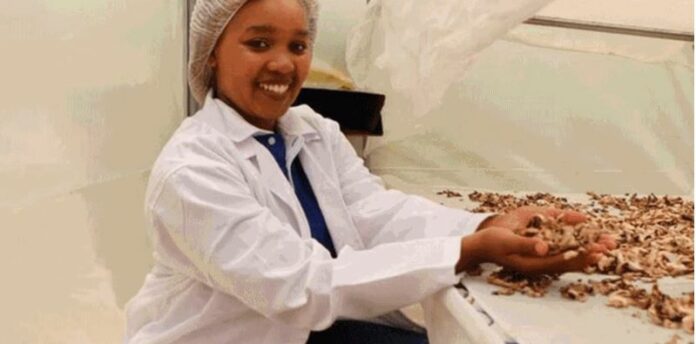Mushroom farming is a least explored venture in Kenya despite its potential. Alice Wambui, who runs the business, says the secret to profitable mushroom farming is value addition.
Wambui launched her value addition startup after realizing she was incurring losses from the sale of fresh mushrooms, thanks to training by the Kenya Industrial Research and Development Institute (KIRDI).
To start off, the farmer says she injected Sh870,000 into the project, part of which was a grant from the Kenya Climate Innovation Center.
Her facility in Kiambu town consists of solar panels, a milling machine, and a drying chamber. According to her, mushrooms are highly perishable and cannot last for more than five days after harvesting.
”Dry mushrooms can stay for long as long as they are not in contact with moisture and that is why they are becoming a popular delicacy when prepared in soups, roasted, grilled or fried,’’ she says.
High school fees arrears block needy student from joining UoN 2yrs after his KCSE
The farmer sources mushrooms from her farm in Githunguri, which yields a daily harvest of 50kgs.
She dries them for three days, during which she assesses the moisture content of the mushrooms before grinding them into powder and preparing them for sale.
”When the produce is received from farmers we first sort it then weigh. Then it is sliced uniformly and spread in the two-storey solar dryers,’’ she adds
Wambui sells 100 grams of mushroom for Sh400 and 40 grams of mushroom powder for Sh200. Her produce is mainly sold to lactating mothers, toddlers, and the elderly.
Mushroom has 60 percent protein, no cholesterol, and is a good source of Vitamin B2 and iron,’’ she adds.
Through social media marketing, the farmer has scaled her innovation which has created employment for two people.








